Interviewing potential vendors is like going on an awkward first date — you both hope there's chemistry, but it can be confusing to know exactly what to say (even for a Wedding Editor like myself!). Follow our new "10 Questions to Ask..." blog series with experts from each field who will break it down for you step-by-step. This week, contributors Julie Hill from Elysium Productions and Lori Roche of I Do Films show us how to find a winning videographer.
1. How did you get started filming weddings and is it your main business? How long have you been in the weddings industry?
"Weddings are 'run and gun' shooting situations with no set-ups or second takes, so you need to make sure your filmmaker is prepared for anything," said Julie Hill of Elysium Productions. They must be equipped to handle unforeseen challenges but also anticipate valuable, smaller moments that more inexperienced vendors might miss, like noticing the groom look lovingly at the bride and knowing he's about to squeeze her hand, so the focus of the camera needs to pan down.
Knowing their back story will give you insight about whether they truly love filming weddings, or if they view it as a way to pay the bills in between other video projects. "The amount of experience a videographer has isn't always as important as how passionate they are about their craft and their desire to work with you to make an amazing wedding video," said Lori Roche of I Do Films.
Florence, Italy Wedding // Regan + Josh Highlights from Elysium Productions on Vimeo.
2. How many videographers will be filming at my wedding?
"In order to produce a creative and interesting wedding video, you should have two videographers [booked through the same company]. It is important to capture multiple angles, especially during the ceremony, and one videographer usually isn't enough," said Roche. Limit yourself to three, max, in order to ensure that they work together effectively with your photographers without getting in each other's way (and into each other's shots!). If you can't afford multiple vendors, ask if it would be possible for your videographer to set up a stationary camera at the ceremony in addition to the manned camera.
3. Have you ever worked with [insert your photographer’s name here] before?
Rather than searching wedding videos on blogs (guilty as charged!) a more effective approach may be to ask your other vendors for videographer referrals. "The best judge of a potential vendor is to hear what other people say about them...every cinematographer will tell you they are 'unobtrusive' but this is a subjective term, so it’s best to ask your other vendors (who know from experience)," said Hill. Roche also recommends emphasizing how your wedding video and photos are equally important to you, so you need both vendors to coordinate with each other.
Boston Wedding // Christie & Ross's Highlights from Elysium Productions on Vimeo.
4. How would you describe your production style (documentary, cinematic, vintage)? Is your shooting approach direct or more journalistic?
A great videographer should be able to clearly articulate what their video style is. A wedding video with a cinematic style resembles a movie, including a trailer at the beginning and montages set to music, which require heavier editing. Documentary or journalistic videos incorporate more natural sound and the order of the video will mimic the real-life progression of your wedding day. Vintage-style videos may be shot using 8mm tapes or filters in post-production. If a vendor describes their style differently than what you perceive it to be, that may be a problem.
In addition to judging the finished product, it’s important to consider what impact this will have on their shooting style, so that you know what to expect on the wedding day. "For example, you might see a 'directed' shot in a highlights clip with a close-up of the bride's feet as she walks across the floor. The cinematographer has to set up the dolly and ask the bride to do that—it wasn’t just captured that way," said Hill. A videographer with a more journalistic style does the complete opposite: They simply record things as they happen. Decide which approach you and your fiancé prefer.
5. What parts of the wedding day do you film?
This might seem like an obvious question at first glance, but you may notice that certain moments of the wedding day are missing when you start to watch a potential vendor’s films. "One of the biggest complaints in this industry is that couples didn’t understand that certain things wouldn’t be filmed. Ask if they will be covering cocktail hour, your photo session with your photographer, or table visits, if you are going to do that," said Hill. Every studio will film all of the major events (e.g. first dance, cake-cutting) but the rest is based purely on their style.
Alix & Ollie | A Wedding on Martha's Vineyard from I Do Films on Vimeo.
6. What kind of camera equipment do you use? How do you capture audio throughout the wedding day?
"Gone are the days of videographers showing up to a wedding with big cameras on wheels and obtrusive equipment (well, at least they should be). Most vendors now use cameras and equipment that are much smaller and very similar to what your photographer will be using," said Roche. A good videographer should always have a backup camera.
Capturing great audio is just as crucial as capturing a great picture. Ask if your videographer uses wireless microphones for all of the sources at your ceremony (e.g. groom, officiate, even musicians). For the reception and speeches, a direct audio feed from the band/DJ will definitely give you the best results, but don't necessarily rule out a videographer who uses an on-camera mic, since newer cameras have better models than the past.
7. How do you handle music for the wedding film?
Music sets the tone for your entire wedding video—in the clip below, the zippy song and descriptive lyrics make you feel like you're in paradise with the couple! Tell your videographer what kind of music you love (and hate) so that they can fit in your preferences. They should be open to your input, and in turn, you need to trust their judgment, since they know which songs will work well for editing. Ask if they will be using licensed music (especially for anything posted online).
Katrina & Chris | A Turks & Caicos Wedding Highlight Film from I Do Films on Vimeo.
8. What types of packages do you offer?
Videographers use either à la carte pricing or all-inclusive packages. The length of the videos is an important factor to consider. Many videographers produce short trailers or highlight films (2-5 minutes), which can easily be shared online. Other options include short-form wedding films (10-20 minutes), and feature-length videos (45-90 minutes). If you're on a tight budget, consider asking for raw footage only. But keep in mind that raw footage is just that—raw. You'll see camera movement, blocked shots, etc., but you can always have the footage edited later on.
When it comes to pricing, your video budget should be similar to what you spent on photos, since both require intense labor and expensive equipment. According to Hill, stats show that not having a wedding film is one of the top regrets for newlyweds—think of it as an investment. "You’ll wear your dream wedding gown for about 6-10 hours on your wedding day, but you’ll look at your photos and watch the wedding film hundreds of times throughout your life, and your children and grandchildren will also enjoy them for years," said Hill. (She still has her grandparents’ wedding on film from 1948!)
One & Only Ocean Club // Leot & Vaughn from Elysium Productions on Vimeo.
9. How is footage recorded? How do you deliver the final product? Can I see a finished sample?
Ask your videographer if they record footage through tapes or hard drives. With tapes, you always have permanent backup. If they use hard drives, ask what steps they take to back up their work. Once the video is ready, they will deliver it either in a DVD or Blu-Ray format; find out how many exact copies you will receive. In addition, you may want to ask if there is an option to purchase a hard drive to store all of your files, in case you want to have additional copies made in the future. "You don’t want to reach out to your videographer several years after your wedding (because your DVDs are broken) only to find out that they no longer have your footage," said Roche.
You may wish to also consider additional factors, such as: Are they delivering in HD if they are filming in HD? What do the cases look like that the discs come in? Do you give an iPad/iPhone version? Will I be able to see my video online to share it with family and friends?
10. When can I expect to see my wedding video?
Some videographers will deliver a video in as little as 8 weeks, while some will take up to a year. Producing a wedding video is a lengthy process and there are many steps that have to happen before it’s ready for viewing. "The editors have to pull and go through all of the footage and then start to piece together the story that will best represent your wedding day. Even after the footage is pieced together in a timeline, there is still music to add, color-correction, post-production, and processing time," said Roche. If you just can’t wait, ask your videographer if you will get a trailer prior to your full-length video being completed.
Gabrielle & Nick | A Wedding at the Art Institute of Chicago from I Do Films on Vimeo.
Meet the Experts
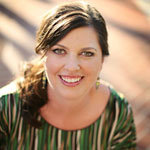
Julie Hill started Elysium Productions ("Elysium" means "the perfect state of happiness" in Greek) with her husband in 2001 to fill a need for contemporary-style wedding videos. Her background in fine arts and her love for music and weddings makes this her ideal career. She she welcomes the challenge of creating a film that accurately (and yet creatively) captures each couple's wedding day. Elysium's philosophy from the very beginning has been to treat each couple's wedding with the utmost importance. She has been published on top wedding blogs such as Green Wedding Shoes and is hired to film weddings all across the globe.

Lori Roche is a former Advertising Creative Director turned International Award-Winning Wedding Filmmaker. She and her I Do Films business partner Matt Buckman have been romantically capturing wedding stories since 2008. Instead of building on a standardized formula, they address each couple and each storyline individually. They study the main characters, look for the beautiful moments, and then perfectly arrange everything to tell the couple's story. I Do Films is based in Chicago but travels worldwide to film destination weddings and events.
— Stefania Sainato
- ssainato's blog
- Log in or register to post comments

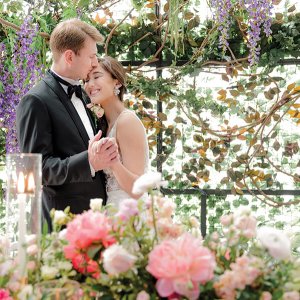
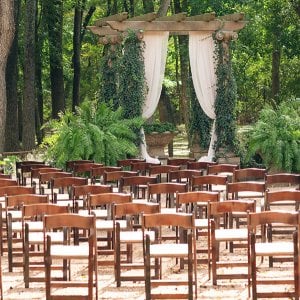
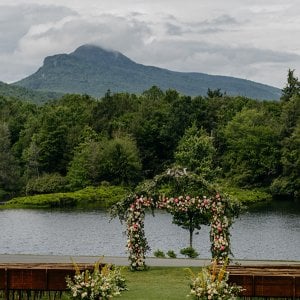

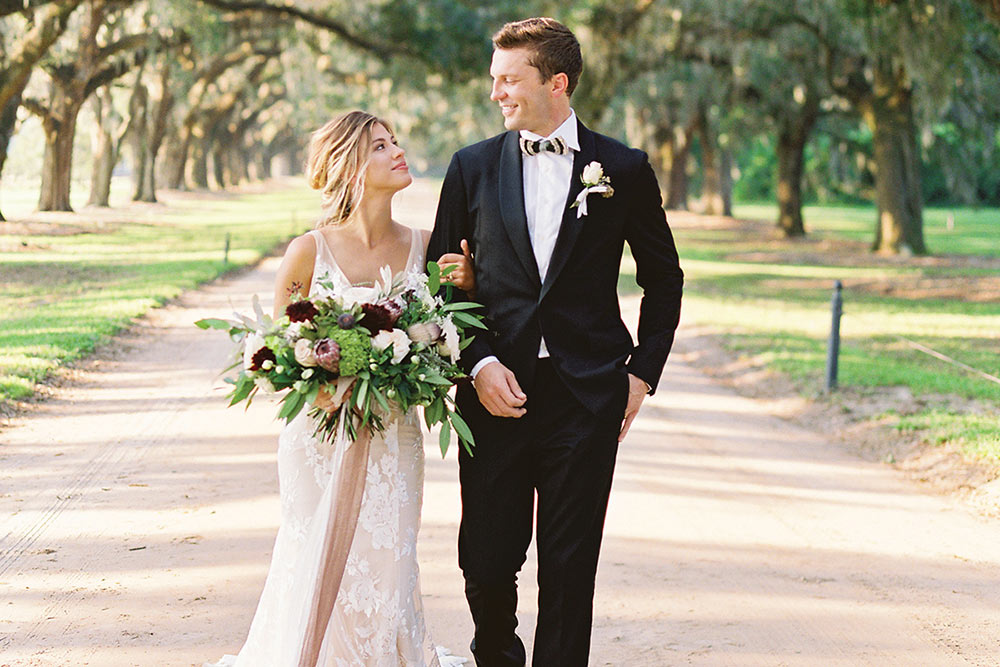
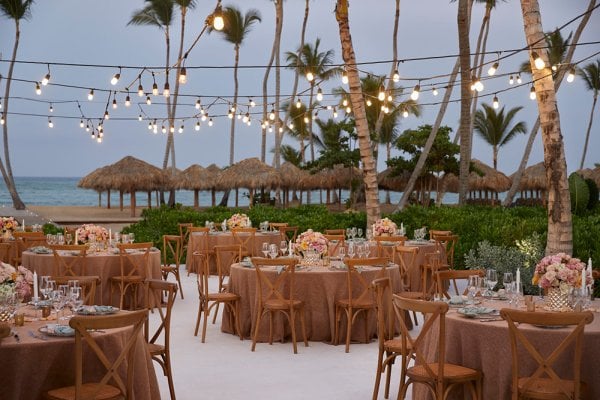

Comments
oliver replied on Permalink
wedding videography
Alex Aleksandrovski replied on Permalink
Capture the Most Important Day of Your Life